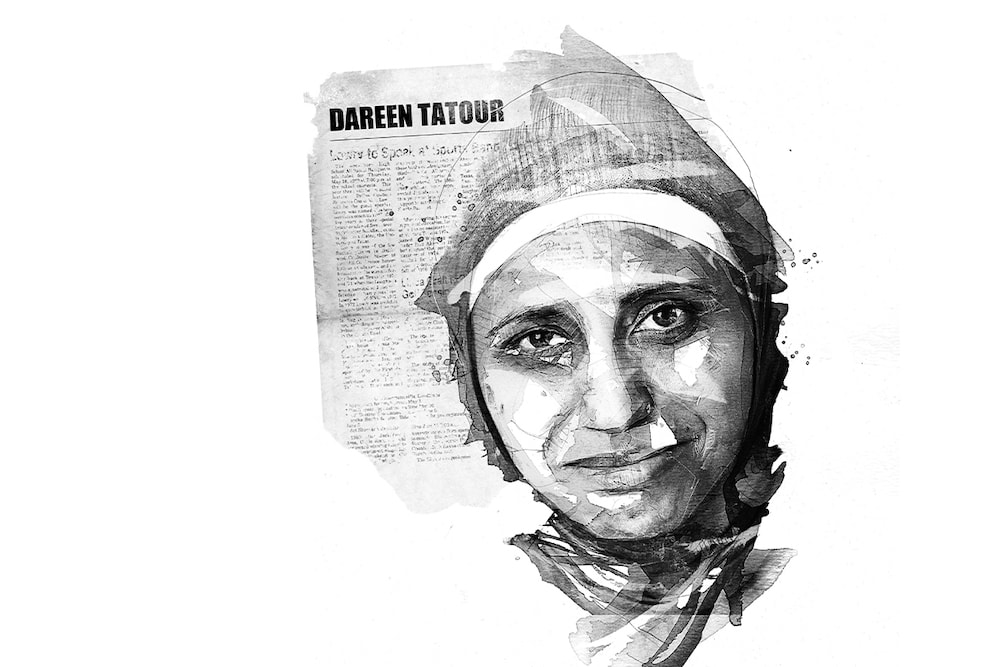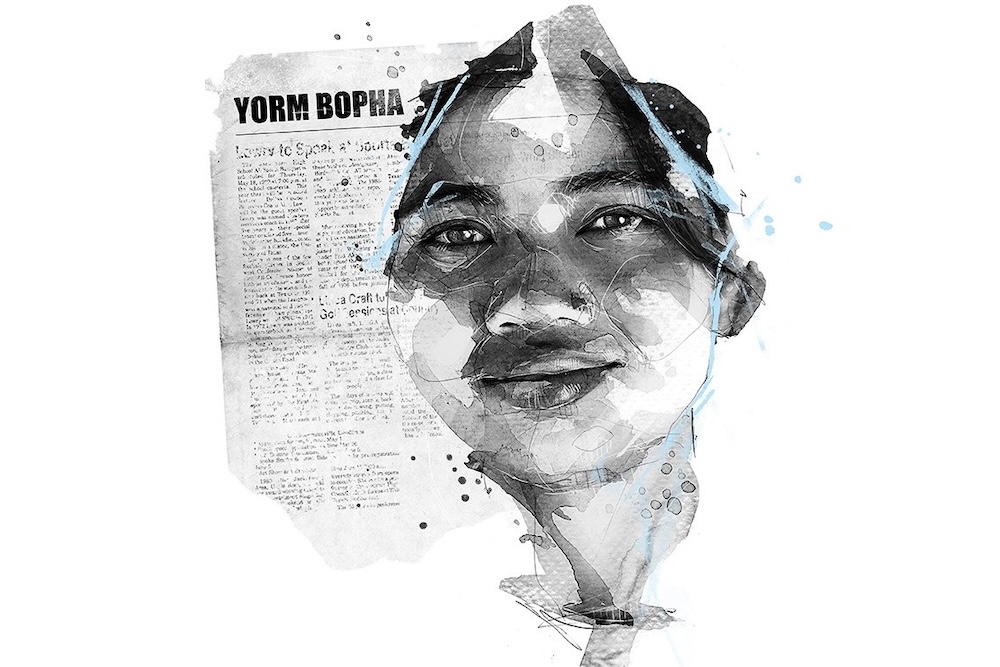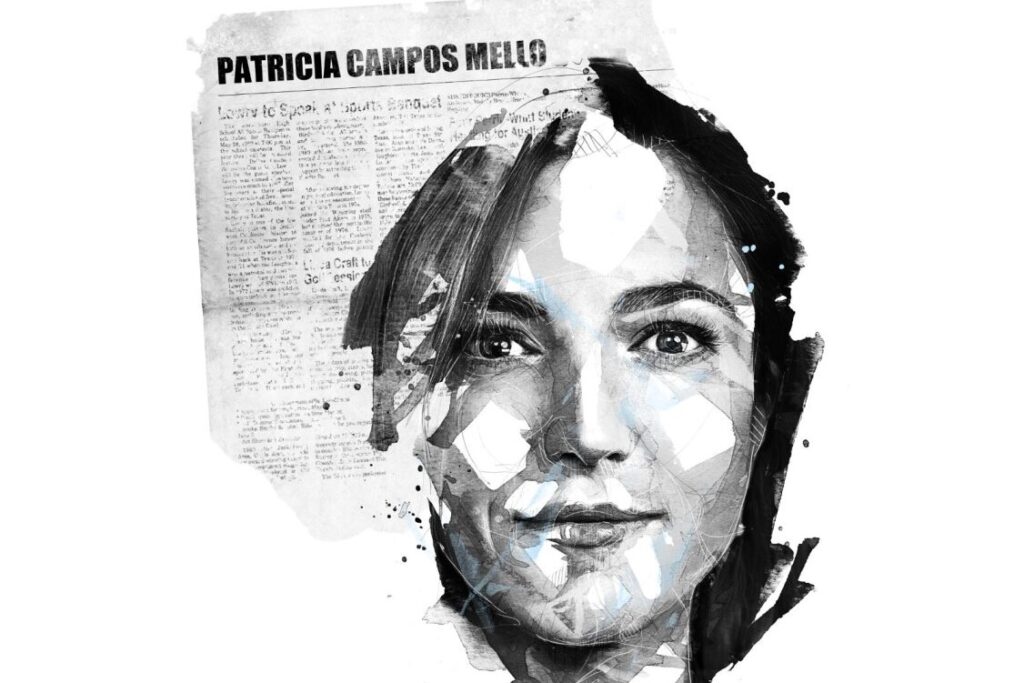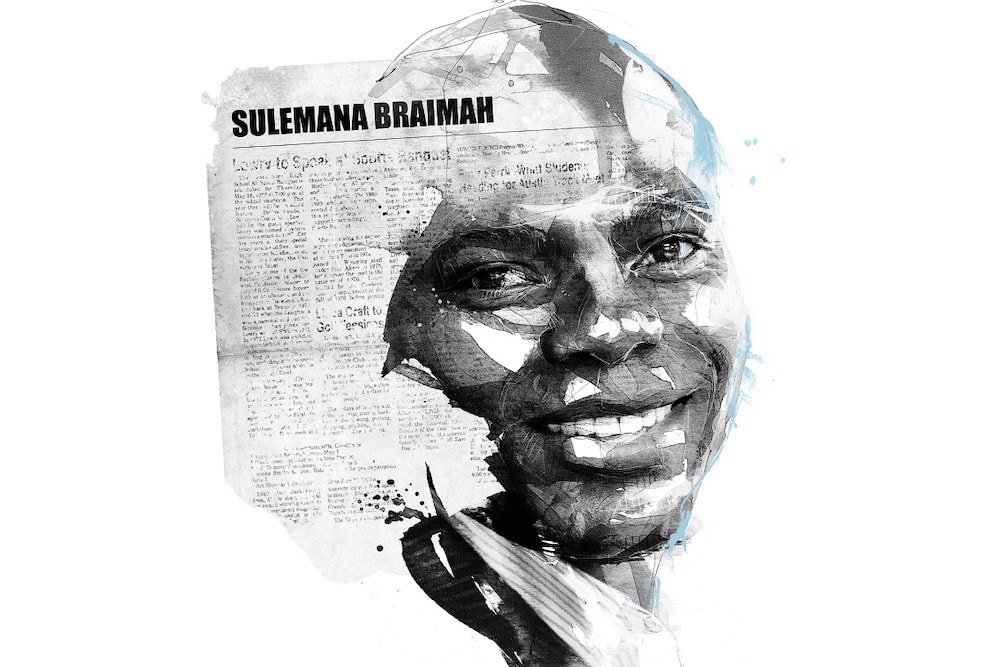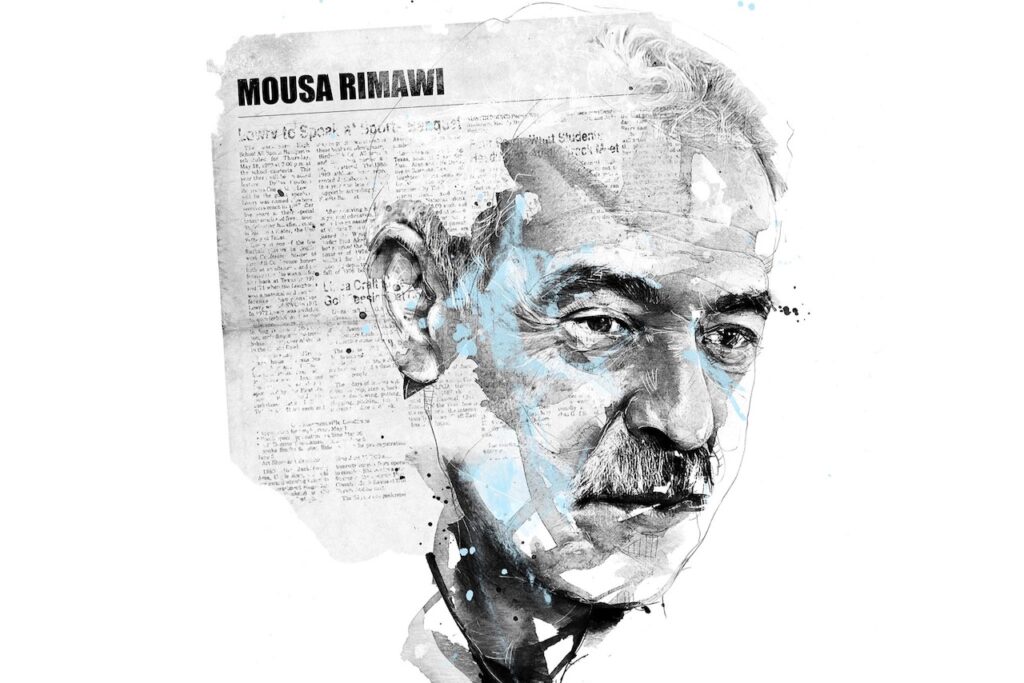Dareen Tatour was largely unknown before her pre-dawn arrest on 11 October 2015. After posting a poem to YouTube a few days earlier, she now faces up to eight years in an Israeli prison on charges of incitement to violence. Over 300 renowned writers, poets, translators, editors, artists, and public intellectuals have since called for her release. On 23 June 2018, her sentence was yet again extended. She is set to receive a sentence on 31 July 2018.
In an article published on The Electronic Intifada, Dareen Tatour was quoted saying: They sent me to jail for writing a poem. But poetry has become my key to freedom and I will hang on to that key until the end.
Dareen Tatour was a largely unknown poet before her pre-dawn arrest on 11 October 2015. The 33-year-old Palestinian citizen of Israel had been writing poetry in relative obscurity since childhood. Up until her arrest, she lived a quiet life with her parents in the village of Reineh in Nazareth.
A few years ago, Tatour began to post her poetry to her blog online, and to YouTube and Facebook. She posted images of Palestinian victims of Israeli violence as well as images of protest and everyday life under occupation, with her voice in the background reading her poetry.
Tatour’s writings revolve around the themes of loss, resistance, love, and national suffering. Prior to her ordeal with the Israeli court system, according to Tatour, her posts and videos wouldn’t get more than 20-30 likes each. “I had no idea that writing could change anything. I was just writing to express myself,” she said to Mondoweiss.
In October 2015, as violence in the occupied Palestinian territories and in Israel took the lives of 199 Palestinians and 28 Israelis, Tatour found out that she didn’t need to be a towering literary figure to raise the ire of the Israeli government. Her words – no matter how blatantly mistranslated and misconstrued in the court of law – mattered.
As Tatour witnessed the extra-judicial killings of young Palestinians around her, she took to social media to express her outrage and grief. She posted a poem to YouTube entitled,“Resist my people, resist them”. That poem, which at the time of her arrest only had 113 views, would later become the focal point of the case against her.
According to Adalah-NY, a New York-based organisation that campaigns for Boycott, Divestment and Sanctions (BDS) against Israel, over the last year and especially since October 2015, Israeli security forces have arrested over 400 Palestinians for social media activity. Tatour is one of them.
After her pre-dawn arrest, conducted without a search or arrest warrant, the poet spent the first three months of detention moving from one prison to the next. She and her family didn’t learn the nature of the charges against her until 20 days into her imprisonment. She was being held for “incitement to violence” because of two Facebook posts and the YouTube video mentioned earlier.
On 14 January 2017, Tatour was released to spend the time until her trial, that began in March, under house arrest.
Under the conditions of her house arrest, Tatour is forbidden from accessing the Internet and she must wear an electronic ankle bracelet. Until May 2017, when the conditions of her house arrest were relaxed, she had to remain indoors at all times. She can now leave her home between 9 am and 7pm, provided she is accompanied by volunteer ‘guardians’, friends and relatives approved by the court.
Instead of allowing her to go to her parents’ house in Reineh, her family had to rent an apartment far from their village and near Tel Aviv. Her brother and sister-in-law had to leave their jobs and homes in Reineh and move in with her, to act as volunteer guards.
On 17 July 2016, during the final hearing of the prosecution’s case, it was agreed that Tatour would be allowed to serve her house arrest in Reineh with her family, where she remains.
While Tatour’s arrest and trial have been emotionally trying experiences for both herself and her family, it has elevated her profile to an international level. Over 300 renowned writers, poets, translators, editors, artists, and public intellectuals, from Alice Walker and Richard Falk to Naomi Klein and Jacqueline Woodson, have joined together to call for Tatour’s immediate release. PEN International has also taken up Tatour’s case.
Instead of being silenced by her run-in with the Israeli government, according to Mondoweiss, Tatour has spent the long hours of house arrest writing a new collection of poems that revolves around these experiences.
The defense’s case in Tatour’s trial began on 6 September 2016. She was scheduled to testify in court that day, but her testimony was postponed to 9 November, when she testified and admitted to publishing the poem. The trial has since focused on issues with the police translation of the poem into Hebrew in comparison with expert translations.
In July 2018, Tatour was sentenced to five months in prison for allegedly “inciting terrorism”, three of which were reduced due to time already served. She was released in September 2018.
Tatour’s creative writing and activism have garnered widespread recognition, including the 2023 Palestine Book Award, the Danish Carl Scharenberg Prize, and the 2019 OXFAM Novib/PEN award for Freedom of Expression.
Illustration by Florian Nicolle
